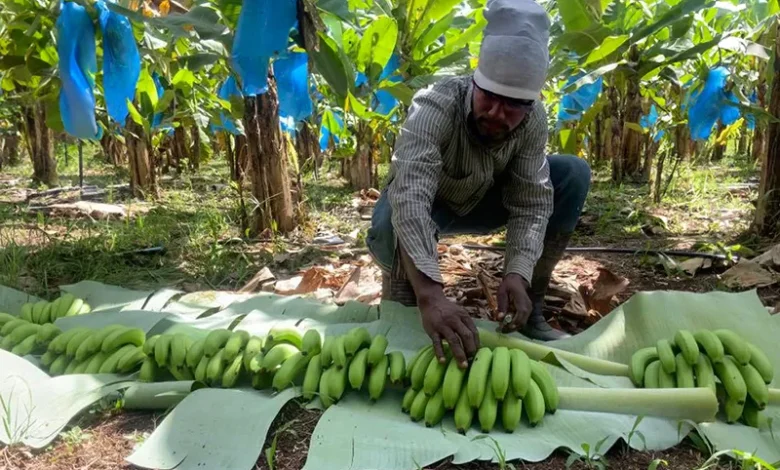Dominica Banana Marketing Corporation (DBMC)

The Dominica Banana Marketing Corporation (DBMC) was a cornerstone institution established in the 1950s to oversee and regulate Dominica’s banana industry, a critical driver of the island’s economy during the mid-to-late 20th century. Founded in the 1950s, DBMC became a pivotal body that supported thousands of smallholder farmers and positioned Dominica as a significant banana exporter within the Caribbean.
Establishment and Purpose of the DBMC
The DBMC was created to centralize banana marketing, ensuring that farmers received fair prices and consistent support for production and export. The corporation collaborated with the Windward Islands Banana Growers Association (WINBAN) to secure contracts with major European importers, including the Geest Line, which transported bananas to the United Kingdom under preferential trade agreements.
The corporation provided farmers with technical assistance, pest and disease control measures, and logistical support to streamline production and maintain quality standards. The DBMC also managed shipping logistics and pricing structures, protecting local farmers from fluctuations in the global banana market.
Role in Dominica’s Economy
During its peak in the 1980s, the DBMC facilitated the export of tens of thousands of tonnes of bananas annually, contributing significantly to Dominica’s GDP and employing over 70% of the island’s rural population. This era, often called the “banana boom,” saw the construction of essential infrastructure, including farm-to-market roads and port facilities at the Woodbridge Bay Deep Water Harbour in Fond Cole.
The corporation also played a crucial role in community development, funding rural schools, healthcare facilities, and cooperative initiatives to uplift farming communities. Programs such as the Banana Assistance Program provided farmers with fertilizers, tools, and financial aid to enhance productivity.
Challenges and Decline
The 1990s brought significant challenges for the DBMC and Dominica’s banana industry. The World Trade Organization (WTO) ruled against preferential trade agreements between the European Union and Caribbean nations, opening the market to larger producers in Latin America. This shift, combined with increasing production costs and natural disasters like hurricanes, led to a steep decline in banana exports.
During these turbulent years, the corporation faced criticism for inefficiency and mismanagement, and many farmers abandoned banana cultivation. The loss of the banana industry’s dominance forced Dominica to diversify its agricultural sector and explore new economic opportunities.
DBMC’s Legacy and Transition
Although its prominence diminished, the DBMC’s foundational work laid the groundwork for initiatives like the Fair Trade Banana Program, which continues to support ethical and sustainable banana farming practices in Dominica. The corporation’s legacy is evident in the continued focus on rural development and the promotion of smallholder farming as a critical component of Dominica’s agricultural policy.
The DBMC collaborated with international organizations such as the Food and Agriculture Organization (FAO) and regional bodies like the Caribbean Agricultural Research and Development Institute (CARDI) to address challenges in the banana sector. These partnerships facilitated research into combating pests and diseases like the banana weevil and Black Sigatoka, which threatened production.
Impact on Rural Communities
The DBMC was a lifeline for Dominica’s rural communities. Stabilizing income for thousands of farmers enabled access to better education, healthcare, and social services, contributing to the island’s overall development. Its influence remains a key chapter in Dominica’s agricultural and economic history.




